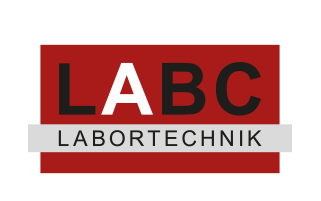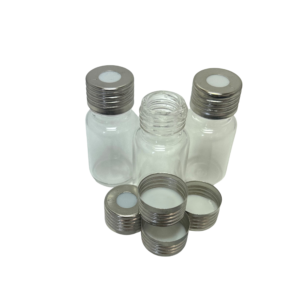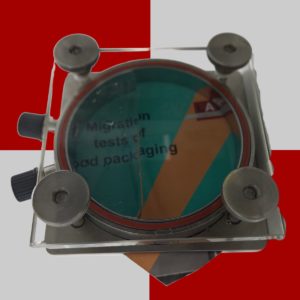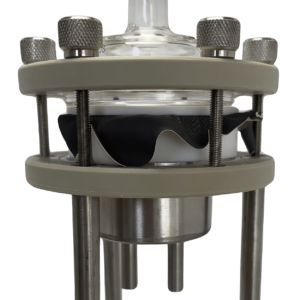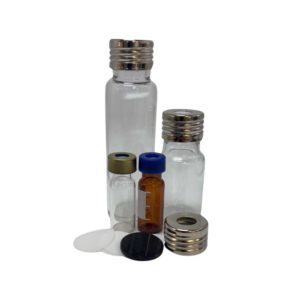Food analysis is exposed to a latent risk of interference from interfering substances. These pose a problem because they affect the limits of quantification and accuracy in analysis. Sample preparation is therefore extremely time-consuming. Since interfering substances are also present in many solvents and/or other sample preparation materials, it is of paramount importance that only very high quality and pure products are used. For example, according to BFR regulations, vials and septa are washed with acetone/water, acetone and hexane to avoid contamination.
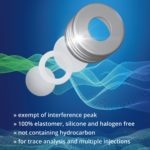 In MOSH/MOAH analysis, olefins as interfering substances require special attention. Products made from olefins are used in many different ways in the laboratory, so the risk of false-positive results due to olefin contamination is high. The procedure to avoid contamination with olefins is described, among others, in the standard DIN-EN 16995:2017, as well as the DGF (German standard methods for the analysis of fats, fat products, surfactants and related substances), method C-VI-22.
In MOSH/MOAH analysis, olefins as interfering substances require special attention. Products made from olefins are used in many different ways in the laboratory, so the risk of false-positive results due to olefin contamination is high. The procedure to avoid contamination with olefins is described, among others, in the standard DIN-EN 16995:2017, as well as the DGF (German standard methods for the analysis of fats, fat products, surfactants and related substances), method C-VI-22.
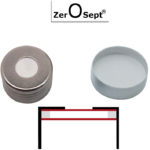 By means of epoxidation, olefins are converted to polar epoxides and thus separated from the less polar MOAH in the HPLC process. In addition to centrifugation, the multi-stage process also includes liquid doping. It is eminently important that the samples are not contaminated with interfering components (e.g. siloxanes) during or after epoxidation. In the procedure, the septum must be pierced several times. There is a risk of contamination from the silicone portion of the septum, which can make evaluation difficult or even impossible. The ZeroSept®AIRseptum from LABC-Labortechnik provides a remedy. A corresponding MOSH/MOAH kit is available.
By means of epoxidation, olefins are converted to polar epoxides and thus separated from the less polar MOAH in the HPLC process. In addition to centrifugation, the multi-stage process also includes liquid doping. It is eminently important that the samples are not contaminated with interfering components (e.g. siloxanes) during or after epoxidation. In the procedure, the septum must be pierced several times. There is a risk of contamination from the silicone portion of the septum, which can make evaluation difficult or even impossible. The ZeroSept®AIRseptum from LABC-Labortechnik provides a remedy. A corresponding MOSH/MOAH kit is available.
This innovative septum, consisting of PTFEvirginal/AIR/PTFEvirginal, ensures excellent tightness with 100% mineral oil-free. Even after multiple piercings, the sealing properties of this high-purity septum are comparable to those of classic silicone closures. The ZeroSept®AIR septum can be combined with all classic analysis bottles .
For more information, and to order free samples, visit our website at www.LABC.de.
